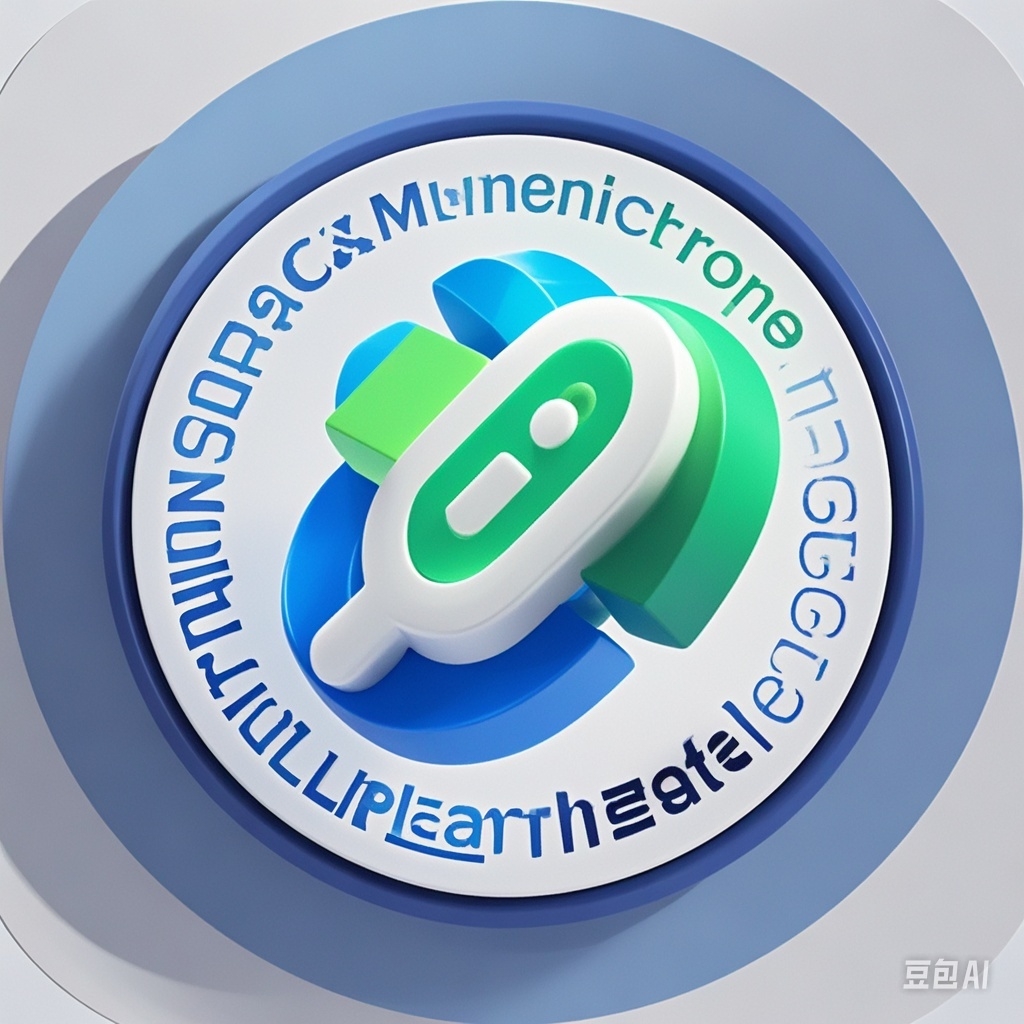获取结果失败,请稍后再试。

智能问答助手

结合文献知识库,保留通用大模型的能力,为您提供知识问答服务!
通用大模型
RAG知识库问答

Materials from macroalgae one can see and microalgae that one cannot see are found in consumer products as diverse as foods, personal care products, and flip flops. Because algae take up greenhouse gases, using them to create diverse products is closer to carbon-neutral than traditional manufacturing processes and therefore helps to combat climate change. These algae-based products and services are all part of a blue economy that is frequently mentioned in public discourse. The ‘blue economy’ is rapidly expanding as it can provide for numerous opportunities for creating socially-conscious start-up businesses. A fundamental challenge to advancing algae in the blue economy is identifying how to connect and support continuing interactions between research institutions, business training/creation entities, and institutions of higher learning. This challenge is particularly problematic in Maine where these entities are spread over a large, sparsely populated and aging state. The Maine Algal Research Infrastructure and Accelerator (MARIA) project tackles this challenge. MARIA aims to strengthen the capabilities of algae-related research infrastructure in Maine. Bigelow Laboratory’s National Center for Marine Algae, a public algae resource since 1981, and Mount Desert Island Biological Laboratory will lead collaborations with the MARIA team to enhance the science and entrepreneurial training, and workforce development programs offered through University of New England, Colby College and Southern Maine Community College. This collaboration will include development of new programs on algae biology, use of algae in biotechnology, and support of hands-on internship opportunities. Working with Kansas State University’s Office of Education Innovation and Evaluation, MARIA will develop a coordinated outreach program that integrates diverse participants and continually evaluates to improve recruitment and engagement with algal focused initiatives. Lastly, MARIA provides a framework to connect the resources of the Maine Center for Entrepreneurs, Gulf of Maine Ventures, and the Maine Technology Institute with students, researchers and entrepreneurs to accelerate their creative ideas into the blue economy.
This project has the potential to significantly advance scientific knowledge in algal physiology and biochemistry, serving as a mechanism for Maine to promote the economic development and innovation in the use of algae in agriculture, aquaculture, pharmaceuticals, and food systems. The diversity of microalgae and macroalgae strains housed in the National Center for Marine Algae collection constitutes a hugely promising yet inadequately explored and underutilized resource. This project will enhance the existing algae-related research infrastructure in Maine to build a state-of-the-art algal research center. This new research infrastructure will include instruments that allow researchers to examine, in great detail, the vast metabolomic phenotype and genotype of individual algal cells. This detailed data will streamline the exploration of algae's commercial potential, from individual cell-level analysis to product optimization and eventual scaling. Additionally, the MARIA program will establish a collaborative network of experts in Maine in a diverse range of algae-related fields, as well as relevant stakeholders and end-users that will serve as an intellectual resource to promote the innovation of use-inspired algae products and its development into a market-ready product. Merging diverse expertise, building a cutting-edge research infrastructure, including bioprospecting in a single cell level to state-of-the-art genetic transformation instrumentation, and linking different data sources, are essential for the accelerator to stimulate algal innovation and foster the transformation of commercially viable findings into market-ready products related to heritage industries, aquaculture and agriculture, and emerging sectors, algae products, biochemicals and healthy aging, as well as other scientific and economic sectors beyond the focus of this proposal, that are central to the Maine Economic Innovation Action Plan. MARIA is deeply focused on workforce development, and institutes a series of comprehensive training programs targeting undergraduates and career transitioners, equipping them with entrepreneurial, technical skillsets and hands-on practical experience necessary to start and sustain new algae innovation-based ventures in Maine. By developing a strategic collaboration with local farmers and algal companies, research institutions with complementary strengths and educational institutions, MARIA will create a sustainable accelerator network uniquely suited to translate algal science into the state, regional, and national economy. This project is funded by the NSF EPSCoR Research Incubators for STEM Excellence (E-RISE) RII Program. The E-RISE RII program supports the development and implementation of sustainable broad networks of individuals, institutions, and organizations that will transform the science, technology, engineering and mathematics (STEM) research capacity and competitiveness in a jurisdiction within a field of research aligned with the jurisdiction’s science and technology priorities.
This award reflects NSF's statutory mission and has been deemed worthy of support through evaluation using the Foundation's intellectual merit and broader impacts review criteria.